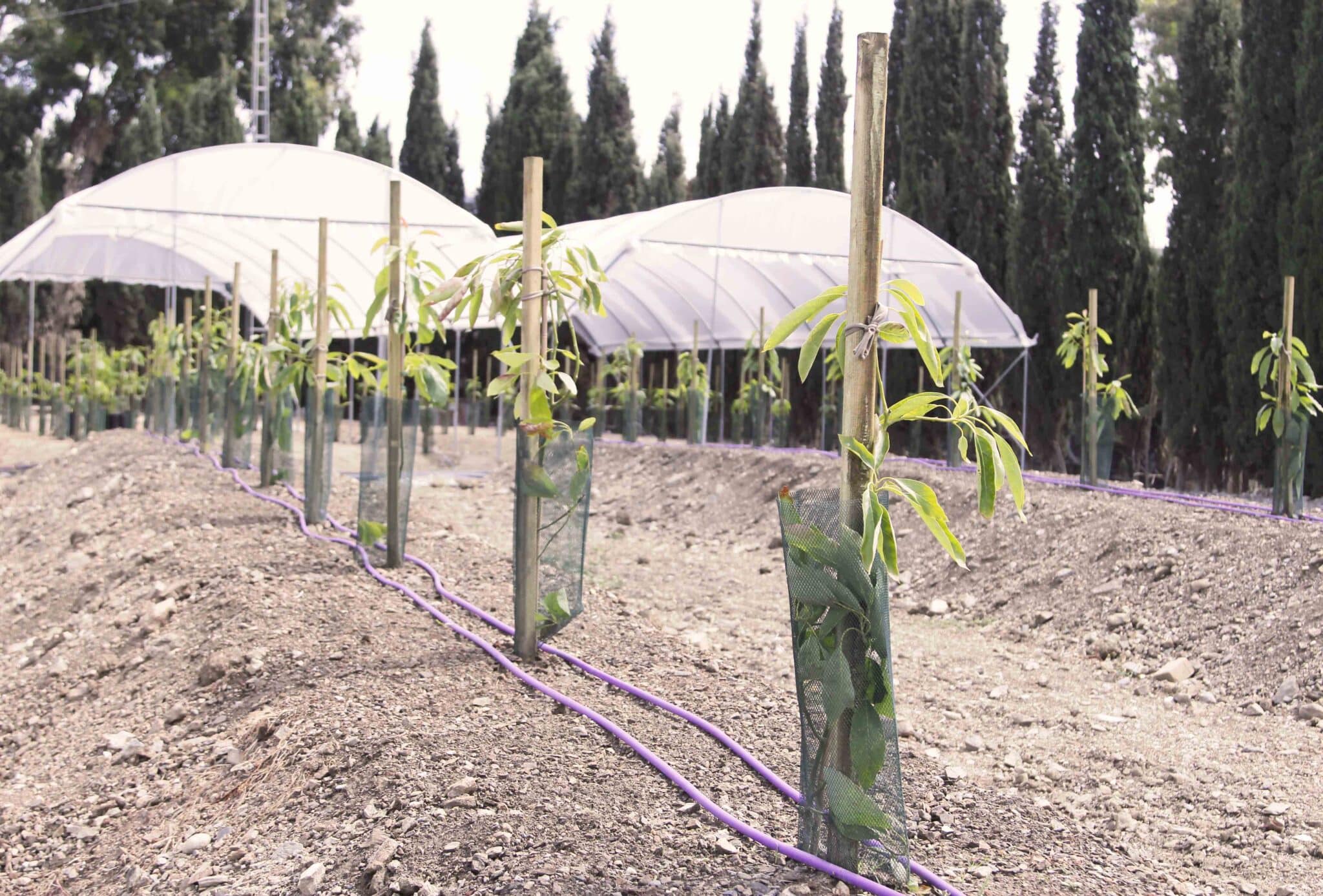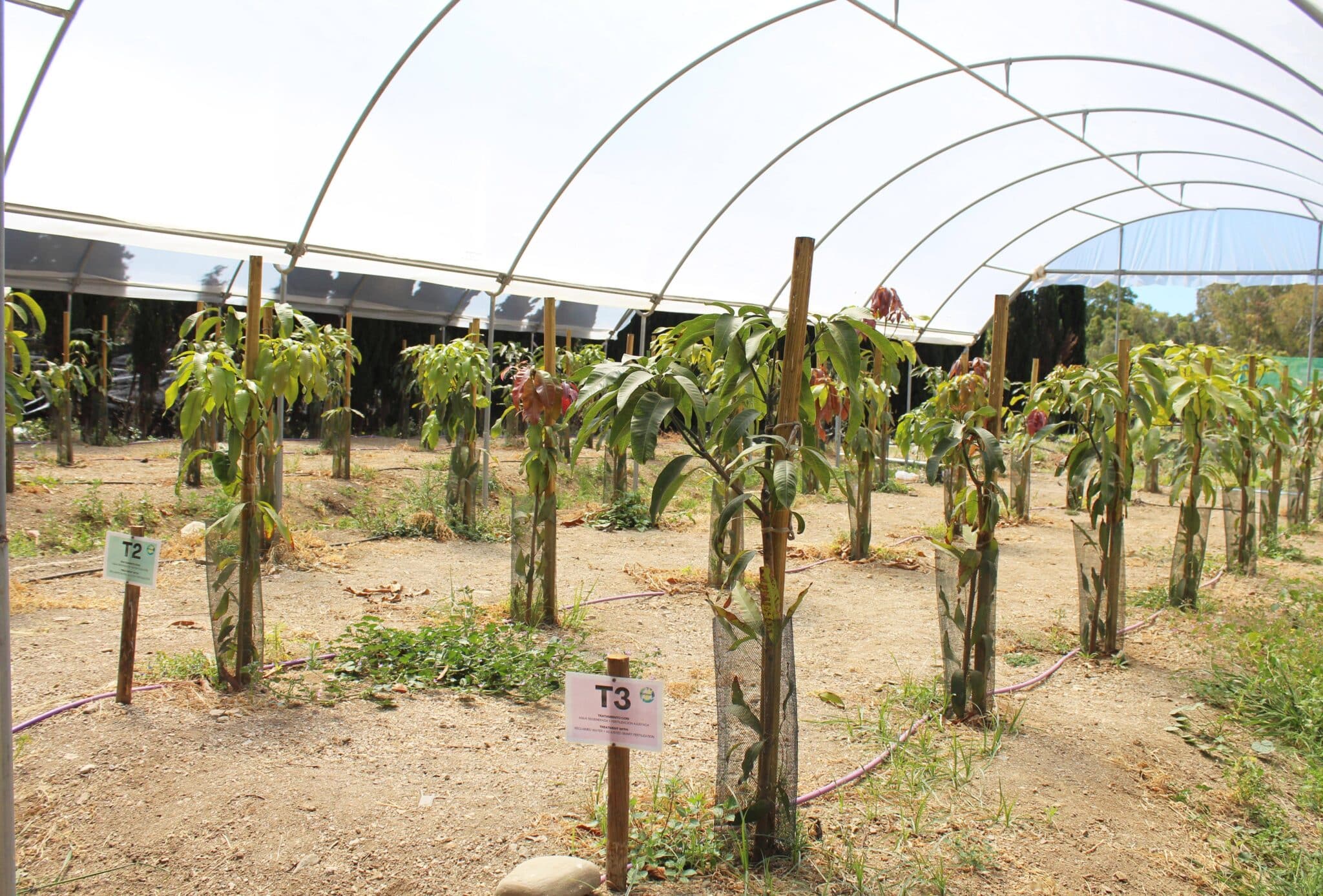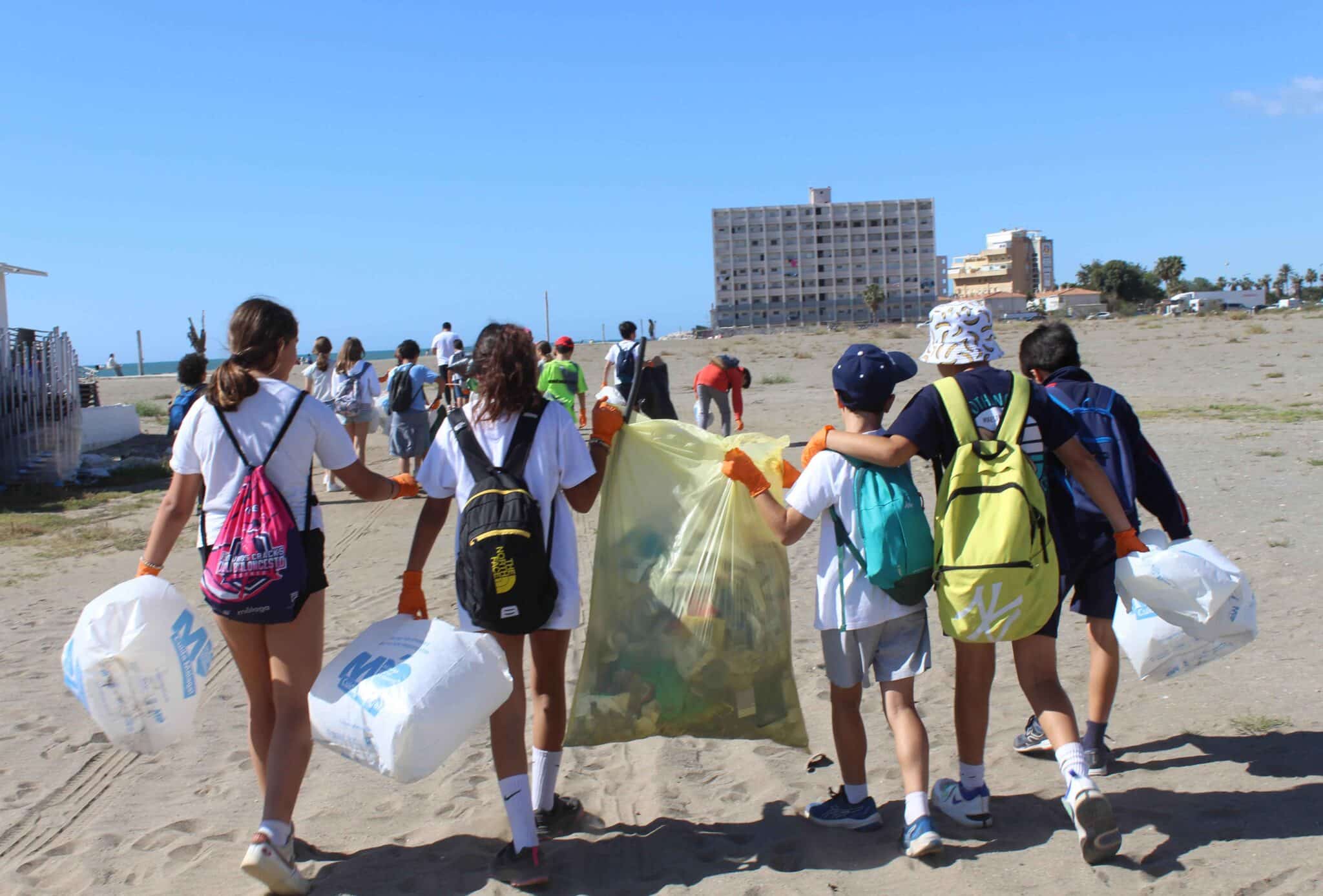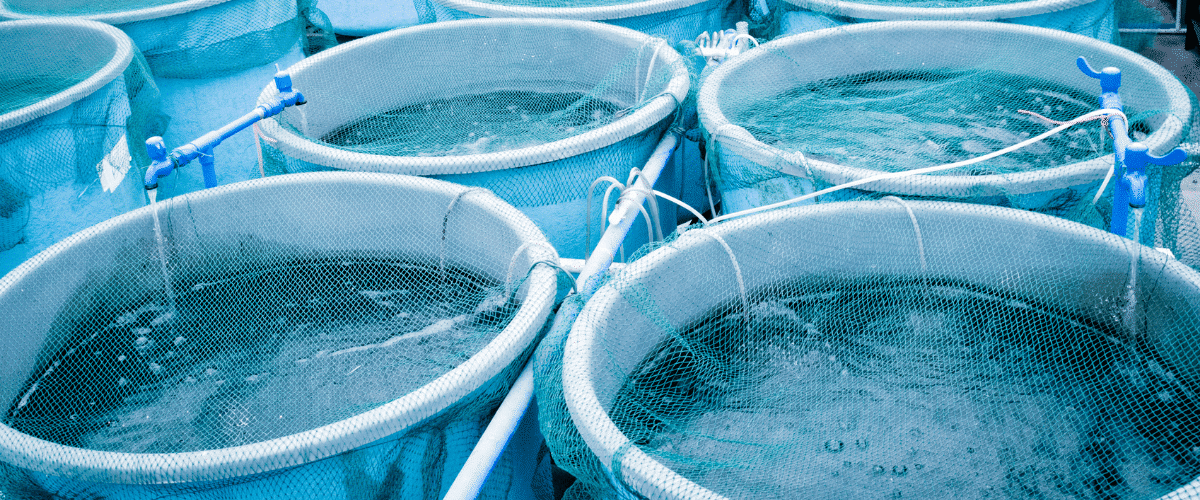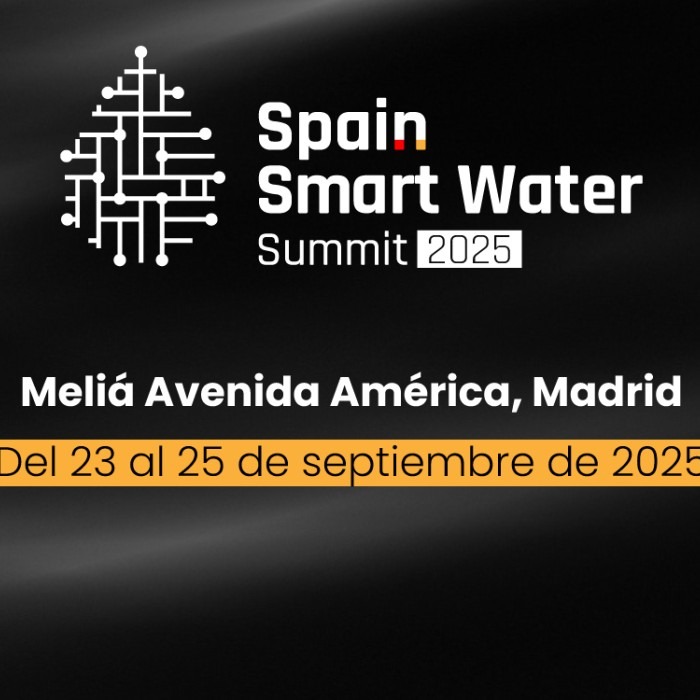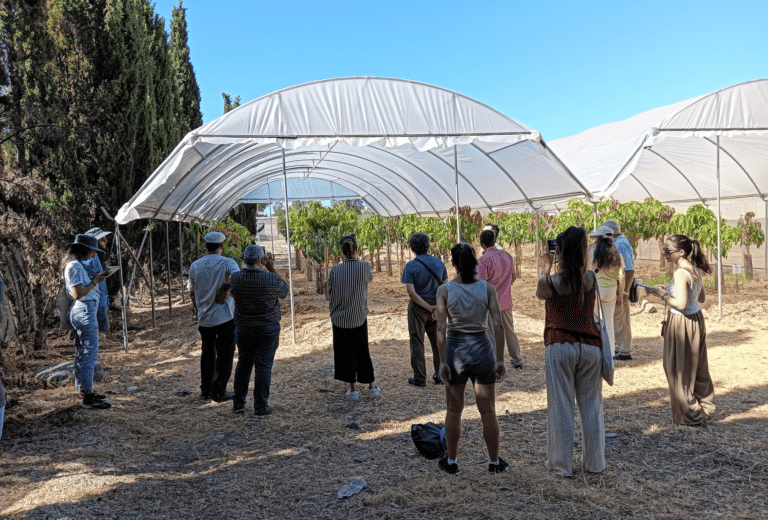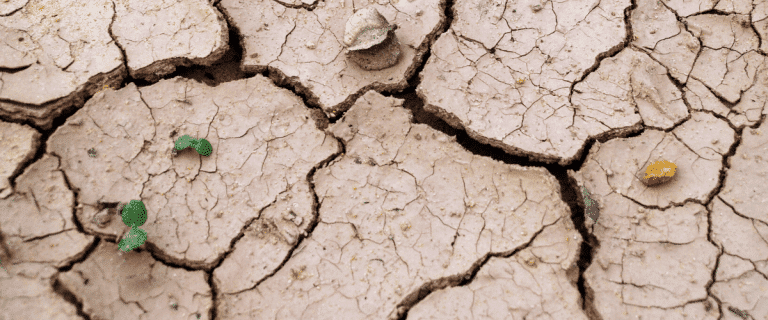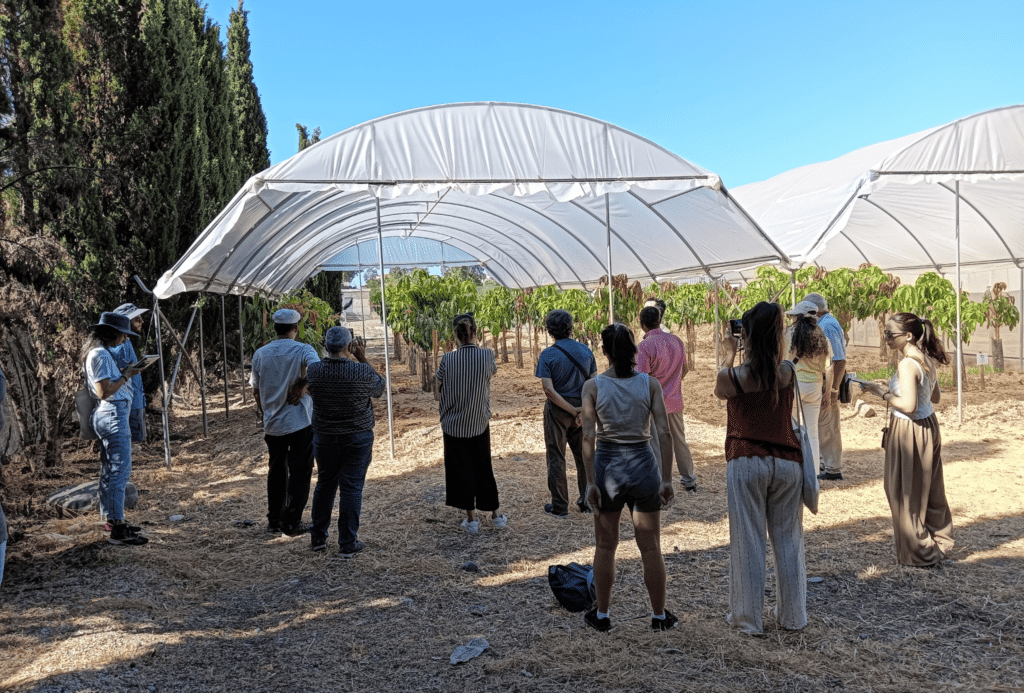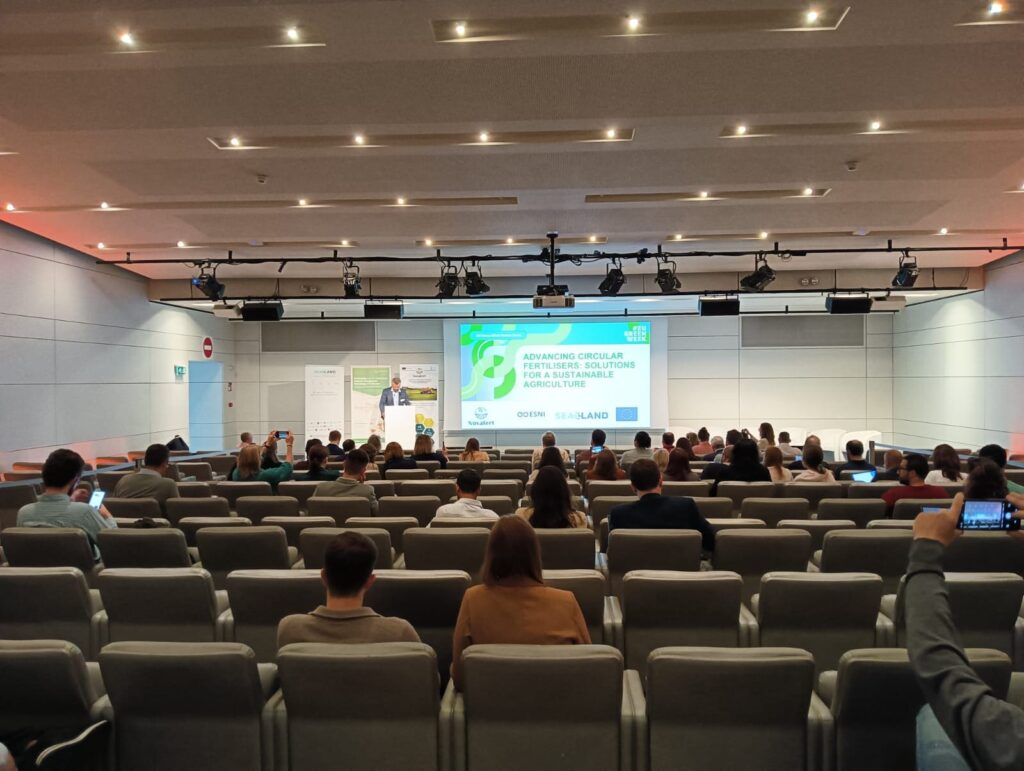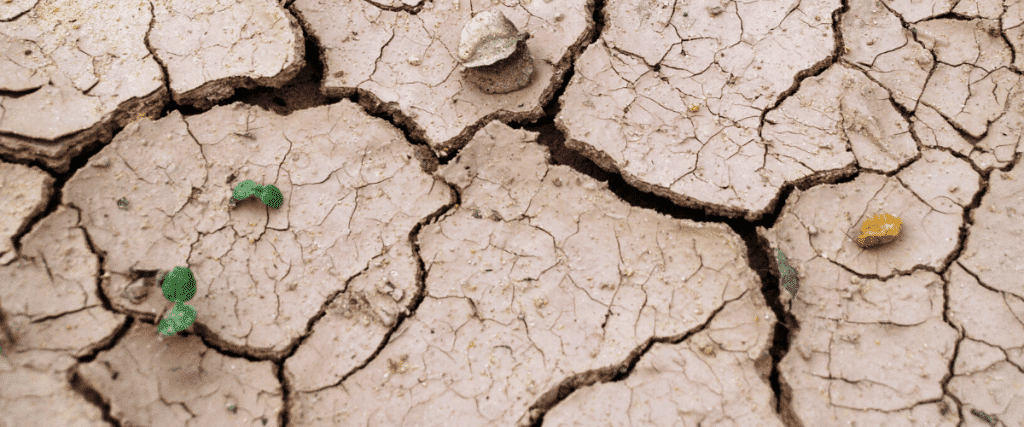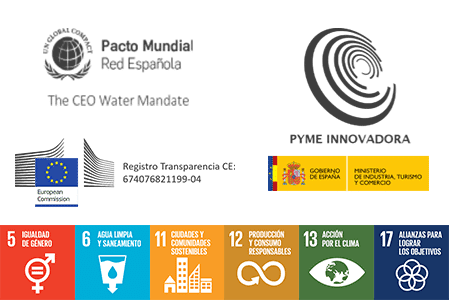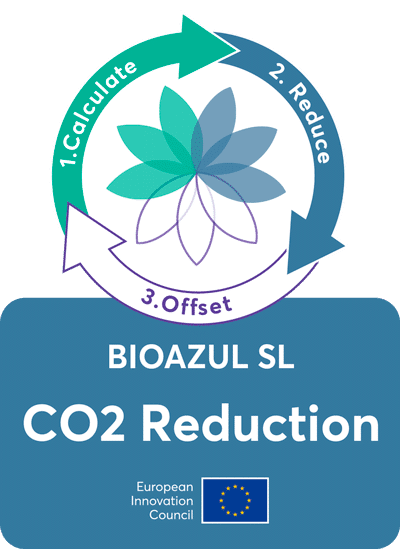World Water Week, held from August 25 to 30 in Stockholm, has been a success, bringing together more than 3,000 professionals and experts from different sectors and countries with a common goal: to analyze and offer solutions to face the current water stress and other water challenges.
The motto of this fourth edition has been “Water for society: including all”. This forum is organized by the International Water Institute of Stockholm, as a meeting point for all the actors involved in making decisions about the efficient management of water resources and reflecting on the problems of lack of water in the world.
This event aims to reach the Sustainable Development Goals, specifically SDG6 focused on ensuring the availability and sustainable management of water by 2030.
UNICEF and the World Health Organization offer alarming data on the availability of water resources:
- 1 billion people lack access to safe managed drinking water services.
- 159 million people are forced to drink surface water, obtained from sources such as ponds and streams.
- 5 billion people lack safe sanitation services.
- 340,000 children under five die each year from diarrheal diseases.
- At least 1.8 billion people worldwide drink water that is not protected against fecal contamination.
Currently, water resources are in a critical situation in most countries where their availability is increasingly reduced and the deficit between the expected demand and the available water increases. Climate change also aggravates this situation increasing periods of drought and decreasing levels of freshwater reserves.
In addition, 70% of water consumption is destined for use in the agricultural sector, making it one of the most demanded resources. Water stress will increase in the coming years and the poorest countries will be the most affected, followed by those who live in river deltas.
Countries will have to make efficient water management if they want to face these challenges. To do this, countries and agents in the sector must design institutional tools, manage information and develop infrastructure. Science and technology are also closely related, as they are key to offering alternatives that improve this situation.
For this, new ways to develop unconventional water sources must be explored, as well as innovative technologies that improve productivity and protect water resources. An alternative to the use of water in agriculture is the reclaimed water, guaranteeing quality levels and lower investment and energy costs. Reuse water also extends its life cycle and helps preserve water resources in line with the objectives of circular economy.
World Water Week has become the most important event worldwide to present the latest developments and solutions to water stress and discuss climate change, food security and innovative technology. It is celebrated the last week of August since 2015 and has become one of the key dates for all the actors involved in the water sector.
